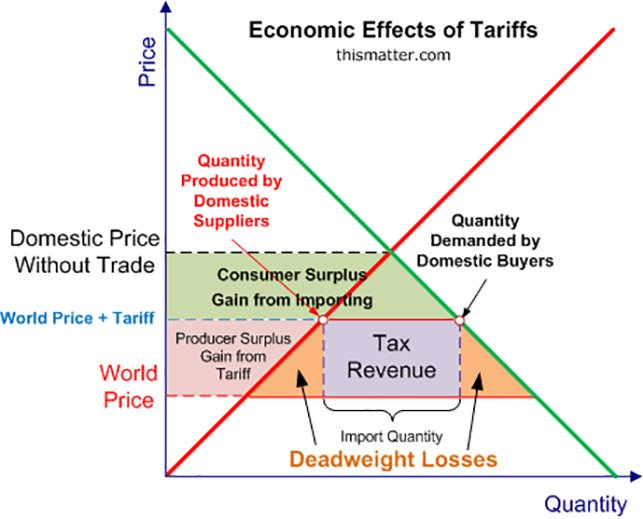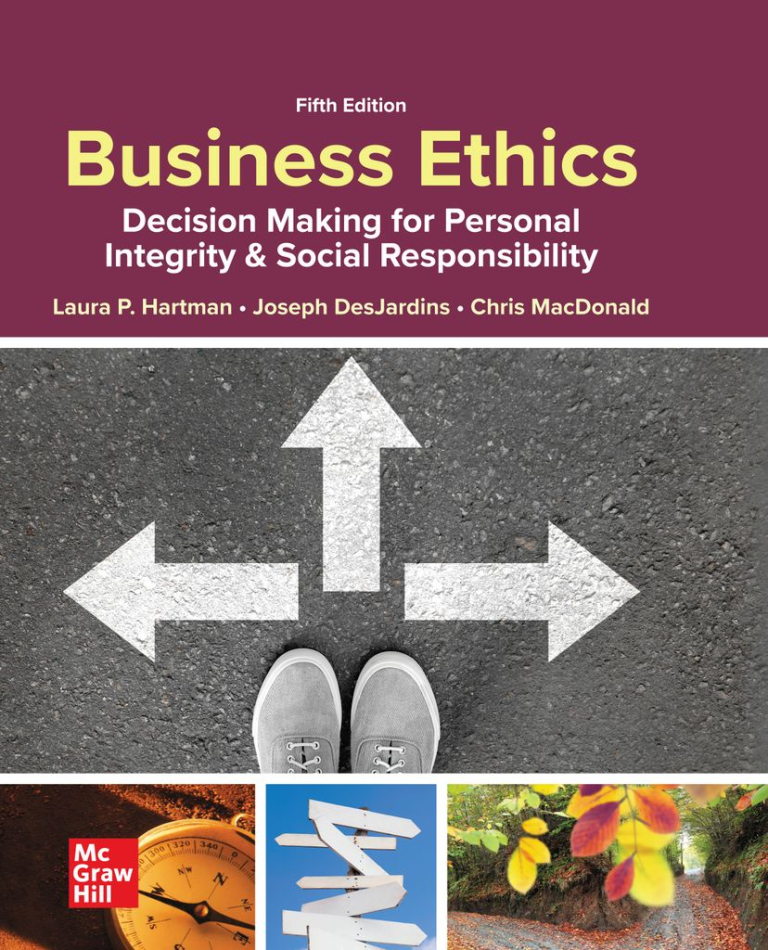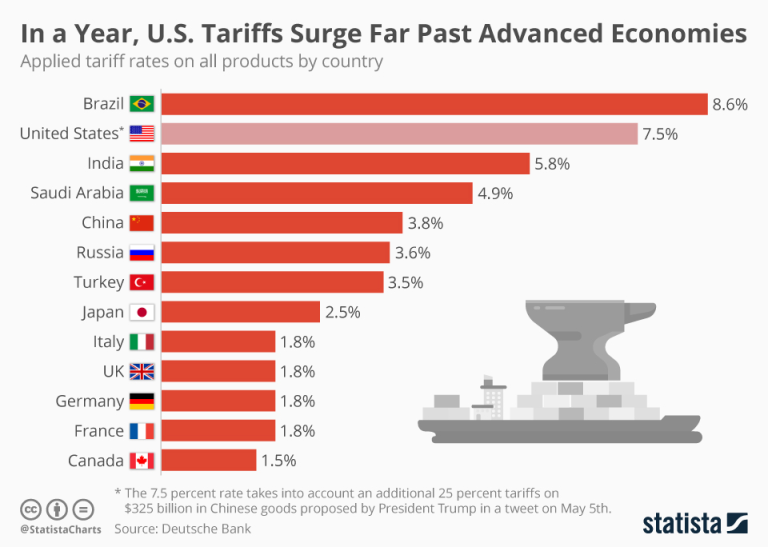
The impact of tariffs on the US economy has become a central topic of debate in recent years, particularly in light of Senator Rick Scott’s defense of the Trump administration’s trade policies. Advocating for a tariff strategy, Scott believes that such measures are designed to level the playing field for American workers and manufacturers, ostensibly helping them to compete more effectively on a global scale. As these tariffs reshape US trade policy heading into 2025, concerns over their economic impact are pressing, especially amid fluctuating markets and trade tensions with countries like China. With heightened tariffs, the advantages intended for US industries might be overshadowed by broader implications for inflation and market stability. This multifaceted discussion underscores the complexities of tariffs and their role in the evolving landscape of international trade relations.
In recent discussions surrounding international trade, the discussion on import duties and their repercussions on the American economy has gained considerable traction. Senator Rick Scott supports the notion that these trade barriers serve to protect American jobs, reflecting an ongoing shift in US trade policy aimed at countering China’s growing economic prowess. With significant tariff adjustments set for 2025 and beyond, the dialogue centers around whether these financial instruments truly benefit the domestic market or lead to unforeseen inflationary pressures. The strategic implementation of duties is seen by some as a crucial step towards improving trade negotiations, while others caution against unintended consequences. It’s essential to examine both the short-term and long-term effects of these trade strategies as they continue to evolve.
The Economic Impact of Tariffs on the US Economy
Tariffs have a significant influence on the US economy, affecting everything from job creation to inflation rates. Senator Rick Scott has championed the tariff policies initiated during the Trump administration, arguing that they are essential to leveling the playing field for American workers. He believes that by imposing these trade barriers, the U.S. can pressure other nations to reduce their tariffs, thereby fostering a more favorable environment for American goods and services both domestically and internationally.
However, the economic impact of tariffs is a topic of heated debate among economists. While some, like Scott, assert that tariffs will bolster US manufacturing and lead to increased sales for American workers, others, including economic experts like Jason Furman, contend that these tariffs could ultimately harm the US economy. The increased costs of imported goods may lead to higher consumer prices, thereby fueling inflation and reducing purchasing power for American families.
Rick Scott’s Vision for US Trade Policy 2025
As the US navigates its trade relationships, Senator Rick Scott has articulated a bold vision for trade policy moving into 2025 and beyond. His stance includes prioritizing American interests, particularly regarding trade deficits and job security for US workers. Scott emphasizes the need for a robust approach to trade negotiations, advocating for policies that protect American industries from international competition, particularly from countries like China, which he views as a strategic threat.
Scott’s vision for US trade policy also includes an overt call for greater negotiation strength and reducing trade barriers globally. He argues that the key to successful trade relationships hinges on fairness, which he believes can be achieved through enforced tariffs. The hope is that a defensive stance against countries that impose unfair trade practices will lead to a more sustainable economic environment for American workers and businesses.
China Trade Relations and Tariff Strategies
China remains a focal point in discussions about US tariffs and trade policy. Senator Rick Scott has been vocal about his belief that the United States should significantly reduce trade interactions with China, asserting that a strong, isolationist approach might be necessary to curtail China’s growing influence. He articulately argues that the only way to avoid potential conflicts with China is through economic measures that diminish their global standing.
The implementation of aggressive tariffs on Chinese imports, with the current rate soaring to 145%, is seen as a strategic move to force China to reconsider its trade practices. However, this strategy has its detractors. Critics argue that such high tariffs can lead to retaliation, ultimately hurting American companies and consumers. The ongoing trade war illustrates the precarious balance of preserving US economic interests while navigating complicated international relations.
Advantages of US Tariffs for Domestic Workers
Proponents of tariffs, including Senator Rick Scott, argue that imposing tariffs on foreign goods can have immediate advantages for domestic workers. By creating a more level playing field, tariffs are presented as a means to support American manufacturing, which can lead to job growth in sectors that have previously struggled against cheaper foreign imports. For Scott, the vision is clear: enhance the American worker’s ability to compete effectively on a global scale.
It is believed that tariffs can stem the outflow of manufacturing jobs abroad, as companies may find it more beneficial to produce goods domestically due to reduced competition from lower-cost imports. This could reinvigorate struggling industries while fostering innovation and investment within the US markets. Ultimately, the envisaged outcome is a robust workforce capable of producing and selling goods competitively without the fear of foreign subsidization.
Debating the Future of US Tariffs
The future of US tariffs is a contentious issue, with strong opinions on both sides of the debate. As elected officials like Rick Scott advocate for the continuation and expansion of tariff policies, critics warn of the potential drawbacks, including economic instability and international discord. The ongoing dialogue highlights the complexities of implementing a tariff strategy that seeks to protect American interests while fostering positive trade relations abroad.
In considering the future of US trade policy, assessments of economic impact and global relations will play a vital role. The balance between protecting domestic industries and engaging in fruitful international trade remains a critical concern. As we move forward, strategies that adapt to changing market conditions while considering the broader implications of tariffs will be essential for sustained economic growth.
Inflation Concerns Linked to Tariff Policies
One of the primary concerns associated with tariff implementation is its relationship to inflation. Senator Scott, while supportive of tariffs, has expressed uncertainty about their potential impact on inflation rates. As tariffs raise the costs of imported goods, consumers may face higher prices, leading to a decrease in overall purchasing power. The implications of this could ripple throughout the economy, affecting spending habits and consumer confidence.
Economists warn that rising inflation due to tariffs can create a detrimental cycle, wherein higher costs lead to decreased consumer demand, which in turn can negatively impact economic growth. As the nation grapples with these tariff-induced challenges, the need for a balanced budget and fiscal prudence becomes even more pronounced, as Scott has highlighted. Understanding the multifaceted effects of tariffs on inflation is crucial for policymakers aiming to stabilize the economy.
Tariffs and Economic Growth: A Double-Edged Sword
The relationship between tariffs and economic growth is complex and often paradoxical. On one hand, advocates like Rick Scott argue that tariffs protect domestic industries and can stimulate growth by supporting local jobs. By curtailing foreign competition, tariffs may allow American companies to thrive within a more controlled market, ideally leading to increased investment in domestic production.
Conversely, the imposition of tariffs can result in higher consumer prices, limiting spending power and, ultimately, economic expansion. The challenge for policymakers lies in effectively balancing these opposing outcomes—protecting domestic interests while fostering a healthy, competitive economic landscape. This ongoing tension underscores the need for informed and strategic approaches to tariff implementation.
The Role of Tariffs in Strategic Economic Policy
Strategic economic policy involves careful consideration of how tariffs can be used as tools for broader economic aims. Senator Rick Scott suggests that tariffs not only serve protective functions but can also be leveraged to negotiate more favorable trade terms with other countries. The idea is that by imposing tariffs, the United States can compel other nations to reconsider their trade policies and potentially lower barriers against American goods.
However, this strategy comes with risks. The potential for escalating trade conflicts could thwart the envisioned benefits of tariffs, leading to retaliatory measures that complicate international relations. Policymakers must therefore tread carefully, weighing the short-term gains against the long-term implications of a heavy-handed tariff strategy.
Negotiation vs. Tariffs: Finding Common Ground in Trade Policy
The debate around the use of tariffs versus negotiation in trade policy is fraught with differing opinions. Senator Rick Scott has made a case for tariffs as a negotiation tactic, arguing that they signal the seriousness of America’s trade stance. However, critics like Jason Furman posit that a more collaborative approach could lead to more sustainable and mutually beneficial outcomes without the economic fallout associated with tariffs.
Ultimately, finding common ground in trade policy may require a blend of negotiation and strategic tariffs. This dual approach could ensure that while the US maintains strong global trade ties, it simultaneously protects its domestic interests. The success of such a policy will depend on careful analysis and responsiveness to the changing dynamics of international trade relationships.
Frequently Asked Questions
How do Rick Scott’s tariffs impact the US economy?
Rick Scott believes that the tariffs, particularly those applied during the Trump administration, will level the playing field for U.S. workers and enhance their ability to sell American-made goods. However, the long-term economic impact of tariffs may result in increased prices for U.S. consumers and potential retaliation from trading partners, which could hamper overall economic growth.
What are the advantages of US tariffs in 2025 according to economic policies?
In 2025, US tariffs, as proposed by politicians like Rick Scott, are viewed as advantageous because they aim to protect American manufacturing jobs and reduce trade deficits. The intention is to compel other nations to lower their tariffs, thereby opening markets for US products. Nevertheless, the effectiveness of these tariffs is debated among economists, who warn they can disrupt trade and negatively impact the economy.
How do US tariffs affect China trade relations?
US tariffs significantly strain trade relations with China, particularly with high tariffs now imposed on Chinese imports. As Rick Scott suggested, he views China as a major economic competitor, advocating for tariffs to protect U.S. interests. However, these measures can lead to retaliatory tariffs from China, further complicating trade dynamics and potentially harming the U.S. economy.
What is the economic impact of tariffs on the US GDP?
The economic impact of tariffs on the US GDP can be severe, as indicated by a sharp contraction in GDP following tariff implementations. Experts, including Jason Furman, argue that unilateral tariffs can create volatility in markets and negatively affect consumer spending and business investment, ultimately leading to lower economic growth.
How do tariffs influence US trade policy in 2025?
In 2025, tariffs have become a central aspect of US trade policy, especially under the influence of figures like Rick Scott. Tariffs are utilized as tools to negotiate better trade terms and address trade imbalances. Nonetheless, critics assert that such policies may provoke trade wars, complicate international relations, and ultimately weaken the US economy in the long term.
| Key Point | Details |
|---|---|
| Rick Scott’s Defense of Tariffs | Scott argues that tariffs are necessary to support U.S. workers and to compel other nations, particularly China, to reduce their barriers against American products. |
| Economic Impact of Tariffs | The introduction of tariffs has led to significant fluctuations in global stock markets and contract in U.S. GDP, with fears of an economic downturn. |
| China as a Competitor | Scott views China as the most significant threat to the U.S. economy, proposing that trade with China should cease to avoid conflict. |
| Tariffs on Nations | Most nations face a 10% tariff; however, China faces a steep 145% tariff, provoking retaliation with a 125% tariff on U.S. goods. |
| Concerns on National Debt and Inflation | Scott emphasizes the need for a balanced budget to stabilize the economy, expressing uncertainty about tariffs’ effects on inflation. |
Summary
The impact of tariffs on the U.S. economy is a significant point of contention among policymakers and economists alike. As asserted by Senator Rick Scott, tariffs are intended to level the playing field for American workers, yet they come with potential economic risks such as market volatility and possible inflation. The debate surrounding tariffs and their implications on trade with nations like China reveals deep-seated concerns about economic stability and global competition. Ultimately, while tariffs may serve as a tool for negotiation, their long-term effects on the U.S. economy require careful consideration and comprehensive analysis.


